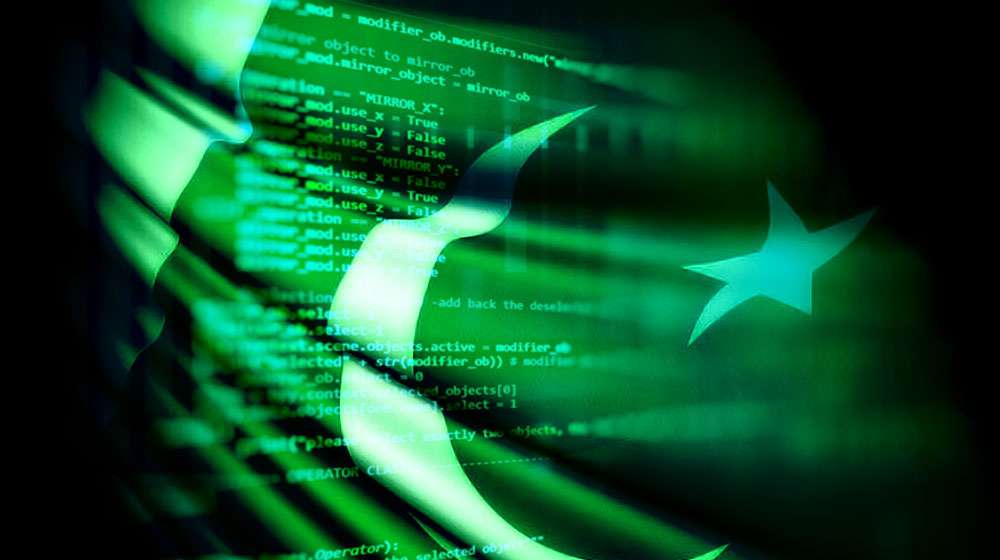In yet another damning display of systemic incompetence, Pakistan has suffered a cyber catastrophe of unprecedented scale. The Pakistan’s National Cyber Emergency Response Team (PKCERT) recently confirmed that login credentials and passwords of over 180 million internet accounts have been compromised in a massive global data breach.
This is not just a minor security lapse it is a full-blown digital disaster. The leaked database, according to PKCERT’s advisory, contains usernames, passwords, emails, and platform URLs, exposing citizens and institutions across Pakistan. Victims include users of major platforms such as Google, Microsoft, Facebook, Apple, Instagram, and even critical sectors like government portals, banking systems, and healthcare networks.
Most shockingly, this data was found in a publicly accessible, un-encrypted file a stunning failure for any nation, let alone one that claims to be bolstering its cyber defences. The breach was reportedly enabled through infostealer malware—malicious software that silently extracts sensitive information from infected systems over time. In simpler terms, this wasn’t a hit, it was a long, quiet looting of Pakistan’s digital vaults.
What makes this breach particularly disturbing is not just the scale of the data leak but the complete absence of early detection and response mechanisms. PKCERT’s reaction has been limited to advising citizens to change their passwords and enable two-factor authentication actions more suitable for individual awareness campaigns than for mitigating a national security threat of this magnitude.
The most glaring failure here is that of the Pakistani military and its associated cyber command structures, which have long projected themselves as the guardians of national security across all domains. For an institution that regularly flexes its influence over civilian matters from media censorship to political engineering—this cyber negligence is nothing short of a strategic blunder.
Pakistan’s military claims to be building sophisticated cyber capabilities, but the reality exposed by this breach is sobering. While the military is busy policing social media and silencing dissent, hostile actors have walked right into the core of Pakistan’s digital infrastructure undisturbed, unchallenged, and apparently unnoticed for months, if not years.
This debacle also raises uncomfortable questions about China’s role in Pakistan’s cyber ecosystem. Over the years, Pakistan has grown heavily dependent on Chinese technology, from telecom networks to surveillance systems under the CPEC umbrella. If this is the outcome of that so-called strategic partnership, one must ask: Is China truly helping Pakistan secure its digital future or simply selling it more vulnerabilities with a ribbon on top?
In the era of hybrid warfare, cyber defence is not optional it is foundational to national sovereignty. Pakistan has now learned, in the most humiliating way possible, what happens when military bravado is not backed by real digital competence.

